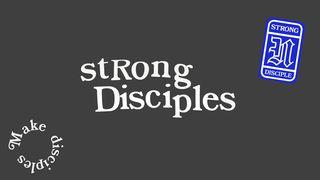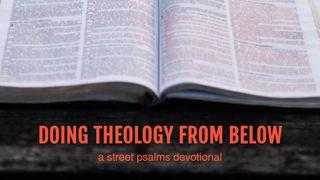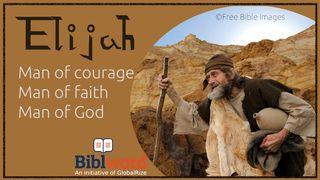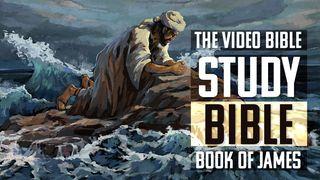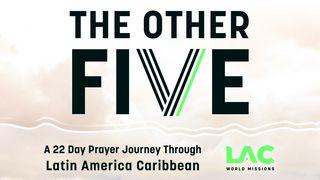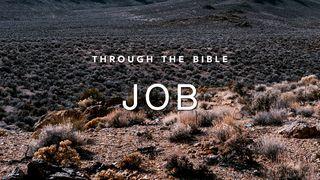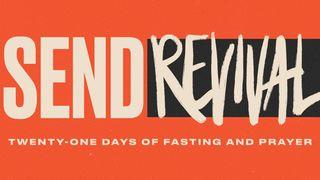Deuteronomy: At Journey's Endਨਮੂਨਾ
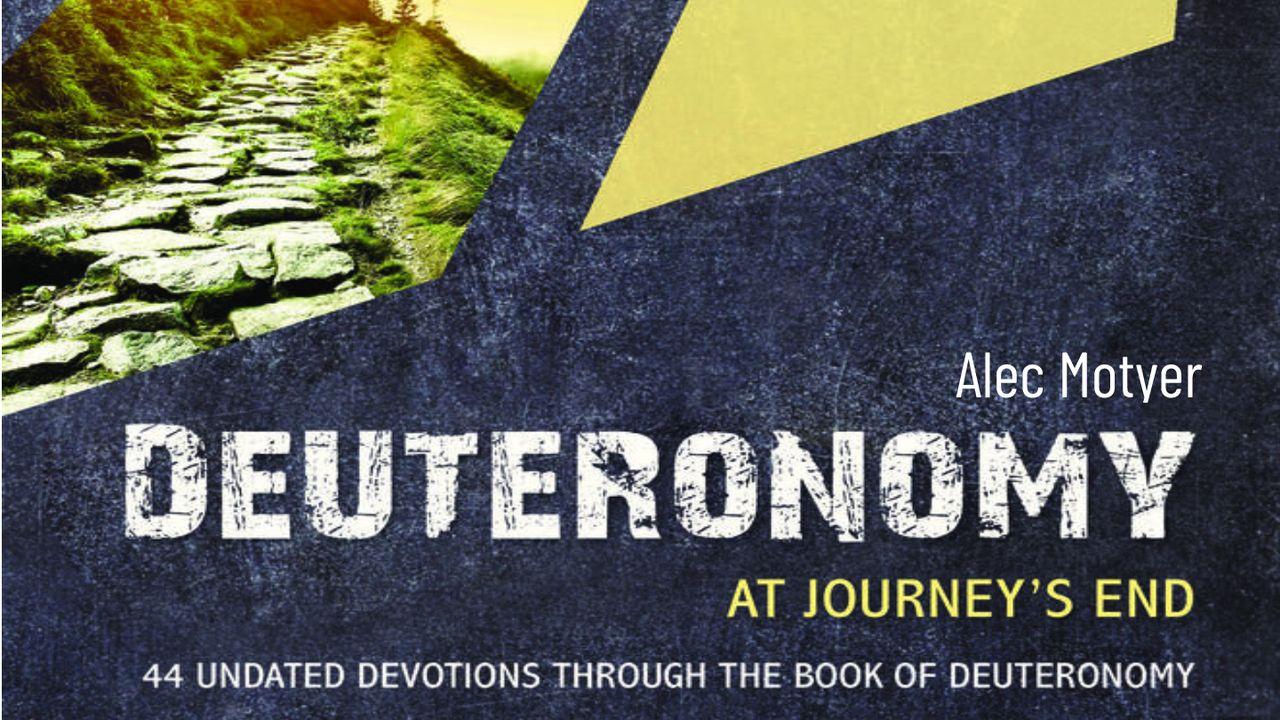
Making Confession
Note how entering the land (v. 1) matches the same thought in 12:1; and how the reference to ‘the place that the Lord your God will choose’ (26:2) forms a bracket with 12:5. In this way 26:1–19 rounds off Moses’ extended review of the Decalogue which 12:1 began. Old Testament religion is not just a matter of obeying rules and observing ceremonies. Behind it all lies personal conviction, testimony to salvation and commitment to obedience.
In verses 1–11 the individual worshipper identifies himself with the salvation history of the Lord’s people (note ‘us … we … our …’ in vv. 6–9). He makes this testimony his own in verses 13–14 (note ‘I’ throughout). Finally, in verses 17–19 Moses affirms the resultant position (note ‘you’ throughout): first what they have in principle affirmed of the Lord, and then what he affirms of them.
The occasions are significant. The offering of firstfruits (vv. 1–11) would seal their occupation and enjoyment of the land; the offering of the tithe (vv. 12–14) would mark the completion of the first three-year period of inheritance. Joyful inheritance and assured possession of what the Lord promised were marked by personal testimony and renewed commitment.
The testimony begins with dire need. We can translate either/both ‘wandering’ (v. 5, NIV) or ‘ready to perish’ (v. 5, NKJV) as a situation of no hope if left to oneself. Next came actual danger of death (v. 6) under a cruel master – they were crushed (‘ill-treated’) and their life was burdened with trouble (‘labour’) against overwhelming odds (‘oppression’, v. 7). From all of this it was not any effort or ability of their own that saved them but the Lord’s open ear (v. 7), plus his hand of intervention and his arm of strength (v. 8).
All of this is precisely the testimony we would give of our salvation in Christ. And the Lord’s desires for those whom he has saved remain the same: strictly performed obedience, particularly care for the needy (vv. 13–14). Life lived in conformity to his statutes by those who listen to his word (v. 17, where ‘obey’ is ‘listen to’) is the outstanding mark of his ‘treasured possession’ (v. 18), and this is the key to blessing (v. 19). We do not obey in order to become special, but because we are! Seeking blessing through obedience is not turning to salvation by works, but recognising that obedience is a means of grace for those who are saved (see Acts 5:32).
Reflection
Look at John 14:15–16 and trace the sequence: exhibiting proof of love leads to receiving means of grace (cf. 14:21, 23).
ਪਵਿੱਤਰ ਸ਼ਾਸਤਰ
About this Plan

In these daily undated devotions, Alec Motyer explores the timeless truths of Deuteronomy and applies them to our lives today. Just as the Israelites did, we can appreciate the wonder of God’s grace to us through repentance, experience His committed love for us, and learn more about walking in His ways.
More
